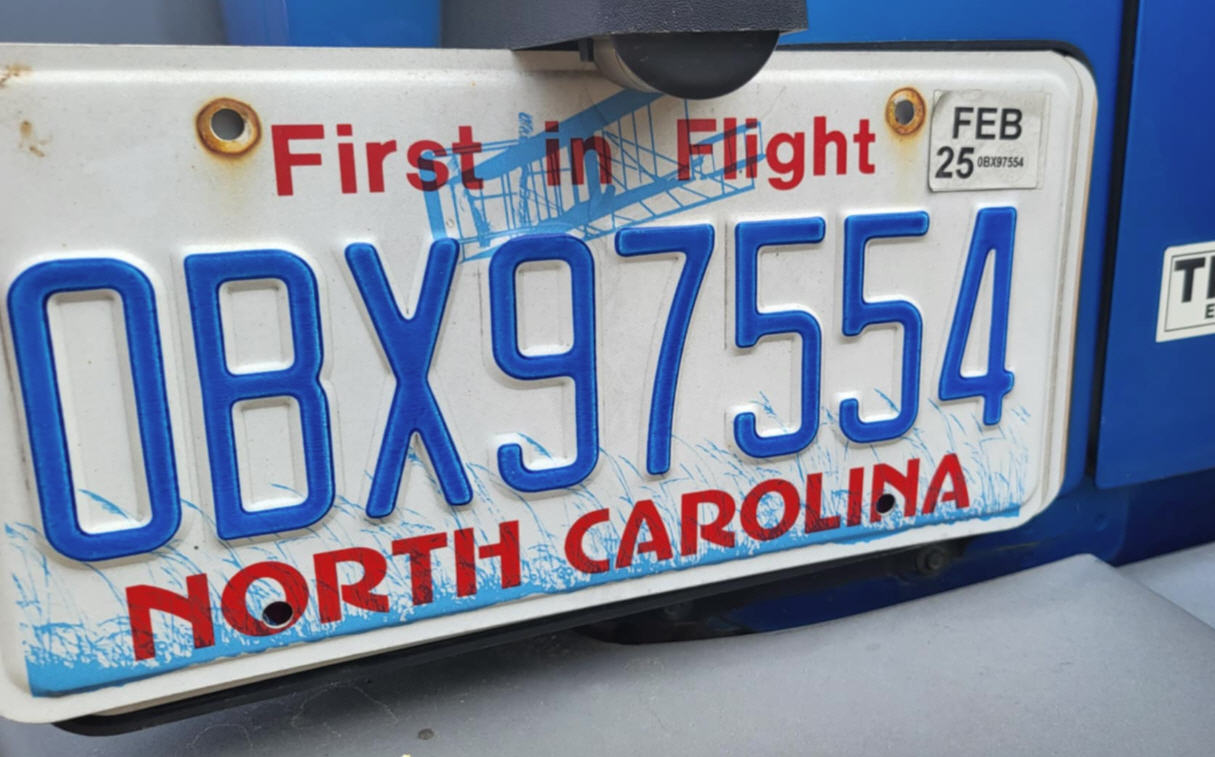New Drone Laws to Take Effect
As drones, also known as Unmanned Aircraft Systems (UAS), become more common, North Carolina’s laws are changing to stay up-to-date with this fast-growing industry. Governor Roy Cooper has signed two bills sent to his desk by the General Assembly, one revising existing laws and one new law to ensure that drone operation remains safe.
House Bill 128 prohibits drone use near prisons. Near is defined as a horizontal distance of 500 feet or a vertical distance of 250 feet. NCDOT will place signs marking these boundaries. The law goes into effect Dec. 1.
House Bill 337 revises existing state drone laws. The language of the law has been changed to clarify that UAS laws will now apply to model aircraft as well. This part of the law also goes into effect on Dec. 1. Model aircraft users are still exempt from the state’s permitting requirements.
Other changes in the law serve to streamline North Carolina regulations with federal regulations. The minimum age for getting a commercial permit to operate UAS will now be the age federal law stipulates, which is currently 16. Additionally, people wishing to obtain a commercial permit can use any government-issued form of photo identification allowed by the Federal Aviation Administration. This section of the law became effective immediately.
The revisions also loosen restrictions on the use of UAS in emergency management. The law permits emergency management agencies to use drones for all activities related to emergency management and removes the restriction on the use of special imaging technology. The use of technologies such as thermal and infrared was previously only permitted for scientific purposes. The removal of the restriction allows private and commercial operators to assist law enforcement with emergency management efforts such as search and rescue operations.
The UAS Knowledge Test Study Guide has been updated to reflect these changes and is available on the N.C. Division of Aviation website, along with information on how to ensure you are compliant with current regulations.
















